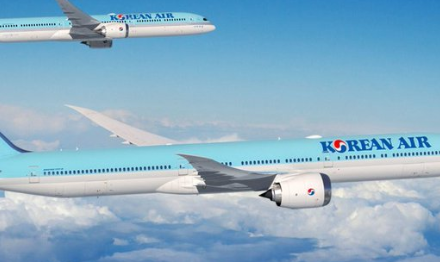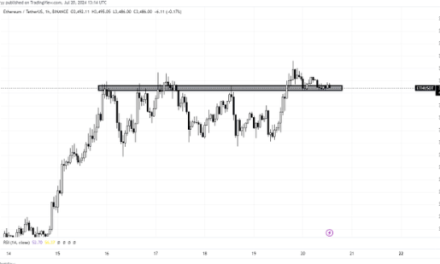Is A.I. what all of the hype has made it out to be. More and more say no.
An increasing number of Silicon Valley investors and Wall Street analysts are raising concerns about the massive investments flowing into artificial intelligence (AI), warning that overconfidence could lead to a significant financial bubble. According to a report by the Washington Post, the sentiment among investment bankers has shifted dramatically from the previous year, a time characterized by significant hype around AI technology. Now, skepticism is growing about Big Tech’s ability to convert these investments into profitable ventures.
What happens if the AI investment bubble bursts – ABC News https://t.co/6e45HnimfT LIKE & FOLLOW! #ai #ainews
— Talk Dirty AI (@Dirtytalkai) July 27, 2024
Goldman Sachs’ senior stock analyst Jim Covello expressed doubts about the current state of AI technology, noting in a recent report that despite its high costs, the technology is not yet sufficiently advanced to be widely useful. “Overbuilding things the world doesn’t have use for, or is not ready for, typically ends badly,” Covello warned.
This week, Google released its second-quarter earnings, which highlighted razor-thin profit margins and soaring costs associated with training AI models. The company’s capital expenditures are expected to exceed $49 billion this year, an 84 percent increase from the average spending over the past five years, according to the Wall Street Journal. Despite these challenges, Google CEO Sundar Pichai remains committed to heavy investment in AI, arguing that “the risk of underinvesting is dramatically greater than the risk of overinvesting.”
Pichai emphasized the importance of being at the forefront of AI development, despite the high costs and unclear monetization strategies. This stance is echoed by other tech giants like Microsoft and Meta, which are also heavily investing in AI without a clear path to profitability.
Barclays analysts predict that investors will pour approximately $60 billion annually into developing AI models, which could theoretically produce around 12,000 products comparable to OpenAI’s ChatGPT. However, the practical need for such a large number of AI products remains questionable. “We do expect lots of new services… but probably not 12,000 of them,” Barclays analysts wrote, indicating a growing skepticism among Wall Street investors.
The situation draws comparisons to past tech bubbles, such as the dot-com crisis of the late 1990s and the autonomous driving bubble in 2017. Tech stock analyst Richard Windsor noted in a March research note that the current influx of capital into the AI sector, with little regard for company fundamentals, mirrors these previous bubbles. “This is precisely what happened with the Internet in 1999, autonomous driving in 2017, and now generative AI in 2024,” Windsor observed.
Sequoia Capital partner David Cahn offered a tempered perspective, suggesting that while speculative frenzies are inherent to the tech industry, AI should not be viewed as a “get rich quick” scheme. He acknowledged that the journey ahead will be challenging and uncertain, but potentially rewarding. “In reality, the road ahead is going to be a long one,” Cahn wrote. “It will have ups and downs. But almost certainly it will be worthwhile.”
The #AI bubble continues to inflate as tech companies invest heavily, though practical applications and customer adoption lag behind.🌐💡#AINews #Investment #AIInvestmenthttps://t.co/G2ZshYxaf4
— SwissCognitive, AI Venture, Advisory & Research (@SwissCognitive) July 26, 2024
The financial viability of AI, particularly generative AI models like ChatGPT, remains uncertain. The cost of developing and maintaining these technologies is currently outstripping revenue, raising questions about the sustainability of such investments. Reports suggest that OpenAI may face significant financial challenges, potentially losing $5 billion this year and risking insolvency within the next 12 months without additional funding. This situation serves as an early warning sign for smaller companies struggling to compete with major tech players.
Key Points:
- Growing concerns among investors and analysts about a potential AI bubble due to massive investments and unclear profitability.
- Google and other tech giants are heavily investing in AI, facing high costs and uncertain returns.
- Analysts predict a $60 billion annual investment in AI, questioning the need for the projected number of AI products.
- Comparisons are being made to past tech bubbles, such as the dot-com crisis and autonomous driving.
- The financial sustainability of AI investments is in question, with reports suggesting potential financial difficulties for companies like OpenAI.
Fallon Jacobson – Reprinted with permission of Whatfinger News







